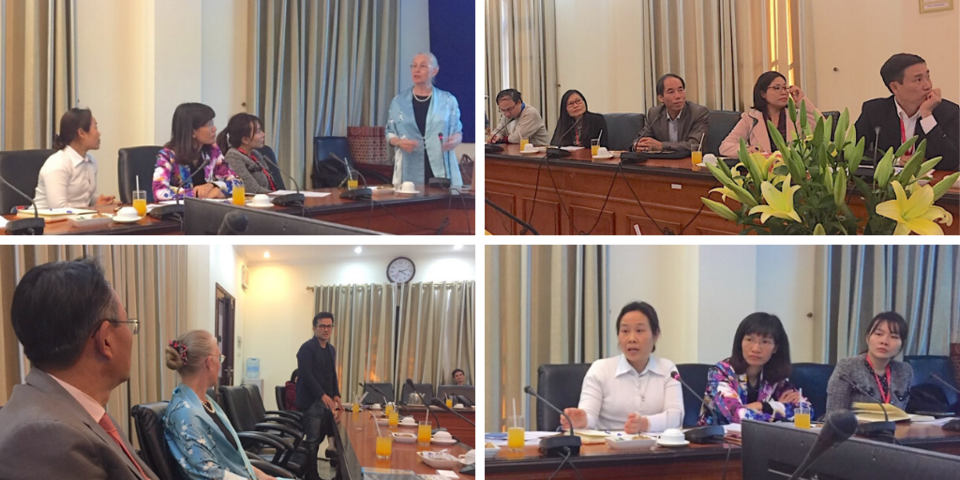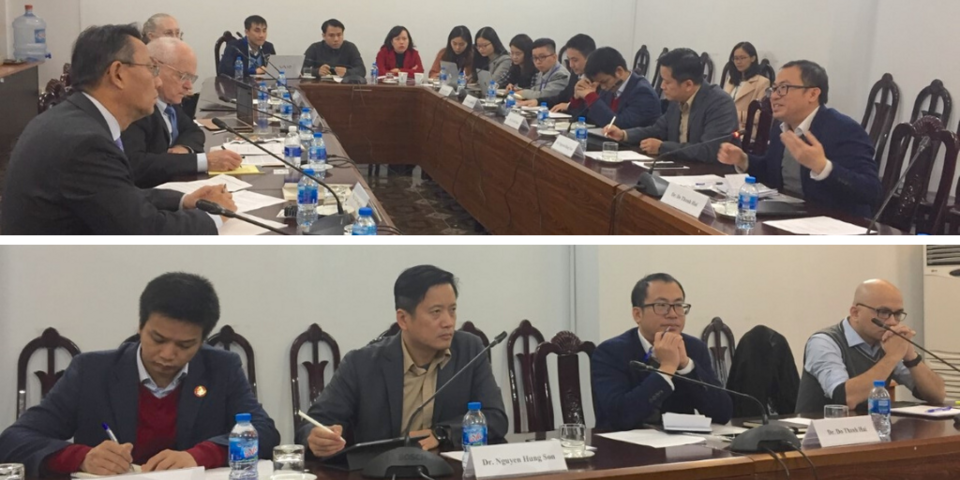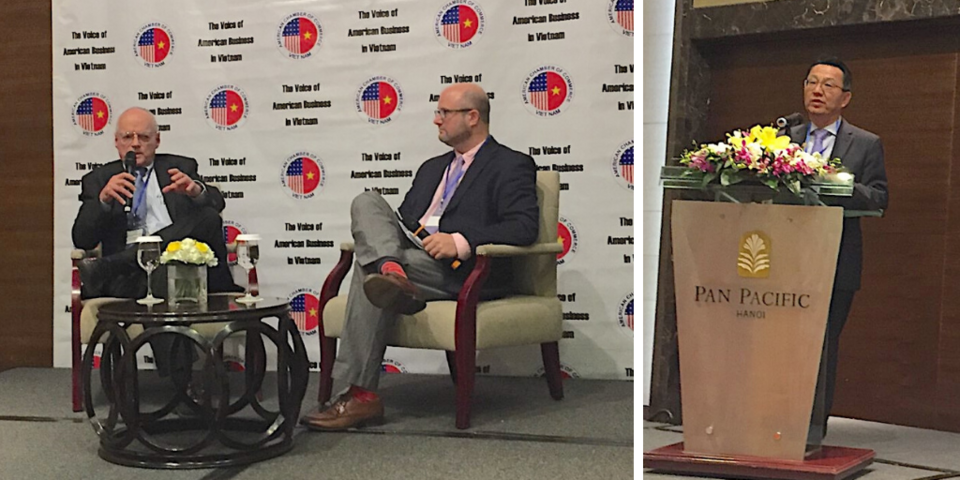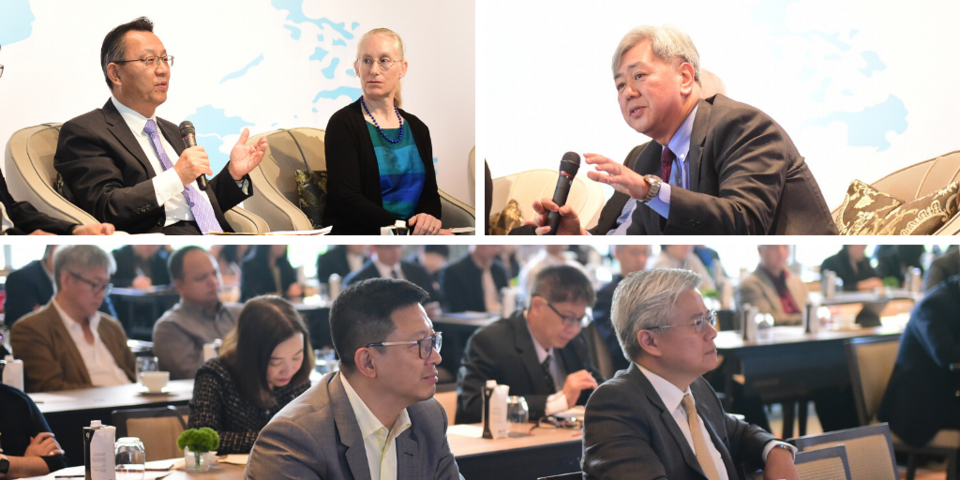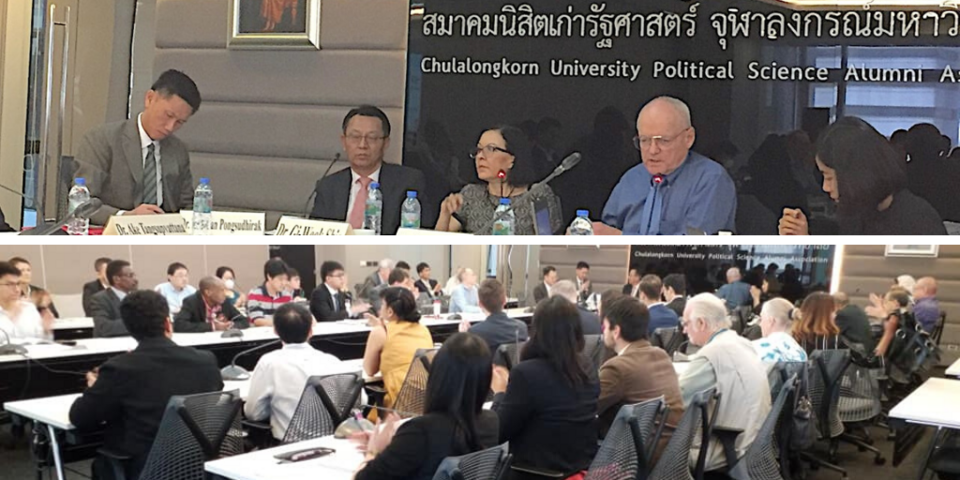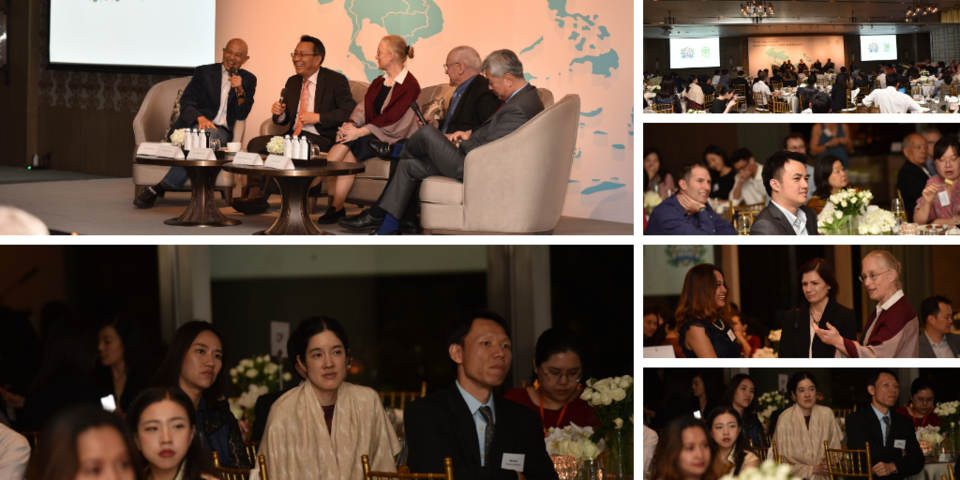The Way Ahead
As previously highlighted, the current reality has prompted some to question the relevance of the U.S.–Thailand alliance in its current form. Some wonder if it might be more accurate to reclassify the relationship as something other than a traditional alliance, considering the glaring lack of strategic alignment and Thailand’s burgeoning closeness to China. Considering these factors, it appears that the objectives of the two nations are increasingly divergent. In fact, discreet voices in Thailand have been quietly suggesting for years that their “alliance” with the United States appears less meaningful and valuable when compared to Washington’s “partnerships” with non-allies, such as Singapore and even Vietnam.
While it is true that the current state of the relationship is more aptly described as a partnership rather than a conventional alliance, this does not necessarily imply that the governments should terminate the alliance altogether. In the realm of diplomacy, such a move would inevitably be perceived as a downgrade of the relationship, regardless of any new title applied to it. It would be more prudent for both governments to focus on enhancing the substance and tone of the relationship while accepting the inherent ambiguity of being somewhat misaligned allies.
The key to strengthening these ties lies in both countries adjusting their expectations regarding each other and the relationship itself. The United States should accept that Thailand is not currently strategically aligned with Washington nor a full-fledged democracy. Nevertheless, Thailand can still play a crucial role as an important partner. This recognition, among other factors, necessitates patience concerning Thailand’s domestic politics and faith that the kingdom will not fall excessively under China’s influence. Instead, like Indonesia and Malaysia, it can seek to maintain positive relations with both major powers as well as numerous middle powers.
On the other hand, Thailand should realize that its relationship with Washington holds significance for its own strategic autonomy, security, and economic interests. It should strive to be a more constructive partner.
Moving forward, both nations can capitalize on the numerous strengths within their broad and deep relationship. The United States remains Thailand’s leading export market and its third-largest source of foreign investment. Thailand has also aligned itself with Washington’s Indo-Pacific Economic Framework. Health cooperation, notably the long-standing partnership in health research, continues to thrive. The security relationship, which has long been at the core of the alliance, remains robust, albeit less exclusive than in the past. The United States and Thailand jointly host the influential annual Cobra Gold exercise and engage in cooperation and training across various domains. Washington continues to be a key supplier of weaponry and equipment to the Thai military. The two countries also collaborate closely on law enforcement, including counternarcotics efforts. People-to-people connections, including the Peace Corps program, educational exchanges, scholarships, and various initiatives, help maintain a deep reservoir of goodwill between the two nations.
The recent Thai elections represented a missed opportunity. The establishment of a new government led by the victorious political party could have triggered a surge in US enthusiasm for the relationship, not because Washington endorsed a particular party, but because it would have marked a triumph for democracy. Regrettably, Thailand’s conservative establishment obstructed that party from forming a government, resulting in a less democratic outcome.
Despite the disappointing outcome, the emergence of a new Thai government and a fresh Thai foreign minister provides an opening to strengthen cooperation between the US and Thailand on regional and subregional issues. Thailand has traditionally been influential in these areas, but its diplomacy lacked vigor during the Prayut era. This potential cooperation encompasses expanded efforts to safeguard the crucial Mekong River ecosystem, increased collaboration on mitigating and addressing climate change, and the enhancement of economic ties among mainland Southeast Asian nations.
A new government could also facilitate more constructive dialogue regarding Myanmar, offering a prime opportunity to increase cross-border humanitarian assistance. On the defense and security front, both countries should reinitiate discussions on the earlier proposal to transform U-Tapao Air Base into a regional disaster relief hub. Additionally, regular dialogues on potential security concerns, such as the possibility of Chinese access to Ream Naval Base in Cambodia, are essential.
While a return to the alliance’s heyday seems unlikely, a path to a more productive and robust relationship between these long-standing allies exists through patience, persistence, and a willingness to embrace new geopolitical realities.
NOTES
[1] Several authors recently have discussed this alliance versus partnership question. See, for example, Benjamin Zawacki, “U.S.-Thai Relations Have an Alliance Problem,” Foreign Policy, 12 May 2023, https://foreignpolicy.com/; and Murray Hiebert, “The United States Makes Up Critical Terrain in Thailand,” CSIS, 2 September 2022, https://www.csis.org/.
[2] See: Janjira Sombatpoonsiri, “Two Thailands: Clashing Political Orders and Entrenched Polarization,” in Political Polarization in South and Southeast Asia: Old Divisions, New Dangers, ed. Thomas Carothers and Andrew O’Donohue (Washington, DC: Carnegie Endowment for International Peace, 2020), 67–80, https://carnegieendowment.org/. The red shirts initially emerged as backers of the deposed former Prime Minister Thaksin Shinawatra, who faced removal in a military coup in September 2006. Over time, this support shifted to Thailand’s ruling Pheu Thai party, led by Thaksin’s sister, Yingluck Shinawatra. Conversely, the yellow shirts signify those who stood in opposition to Mr. Thaksin and played a pivotal role in the street protests that precipitated the 2006 coup.
[3] Thomas Fuller, “Thai Police Investigate U.S. Ambassador on Suspicion of Insulting the King,” New York Times, 9 December 2015, https://www.nytimes.com/. This law makes it illegal to defame, insult, or threaten the monarch of Thailand.
[4] “Secretary Antony J. Blinken and Thai Deputy Prime Minister and Foreign Minister Don Pramudwinai Remarks to the Press” (press release, US Department of State, 10 July 2022), https://www.state.gov/.
[5] Masayuki Yuda, “Thailand Belittled Again as U.S. Ostracizes It From Democracy Summit,” Nikkei Asia, 9 December 2021, https://asia.nikkei.com/; and “Thailand Shut Out of U.S. Democracy Summit Again,” Bangkok Post, 29 March 2023, https://www.bangkokpost.com/.
[6] Matthew Fulco and Chen Chuanren, “U.S.-Thai Military Alliance Is At A Crossroads,” Aviation Week, 19 July 2023, https://aviationweek.com/.





